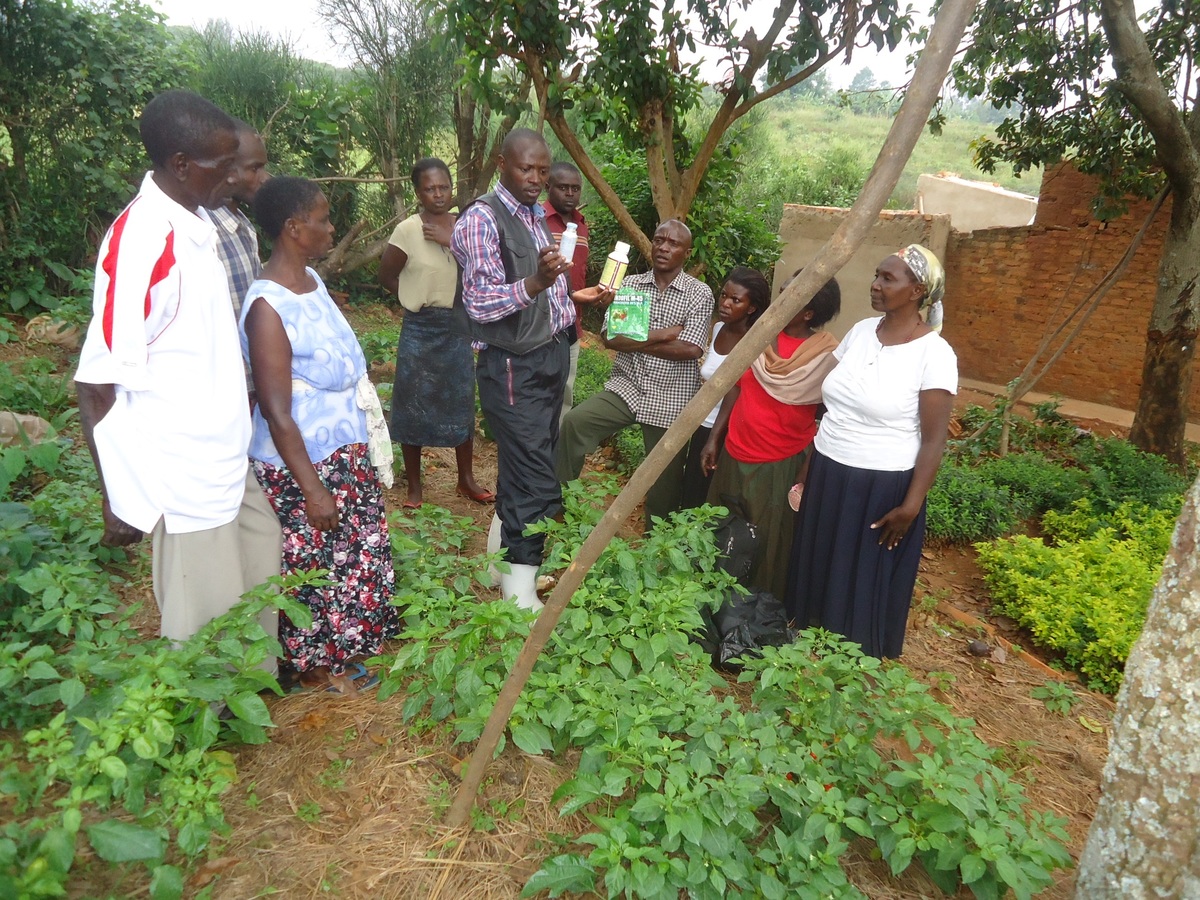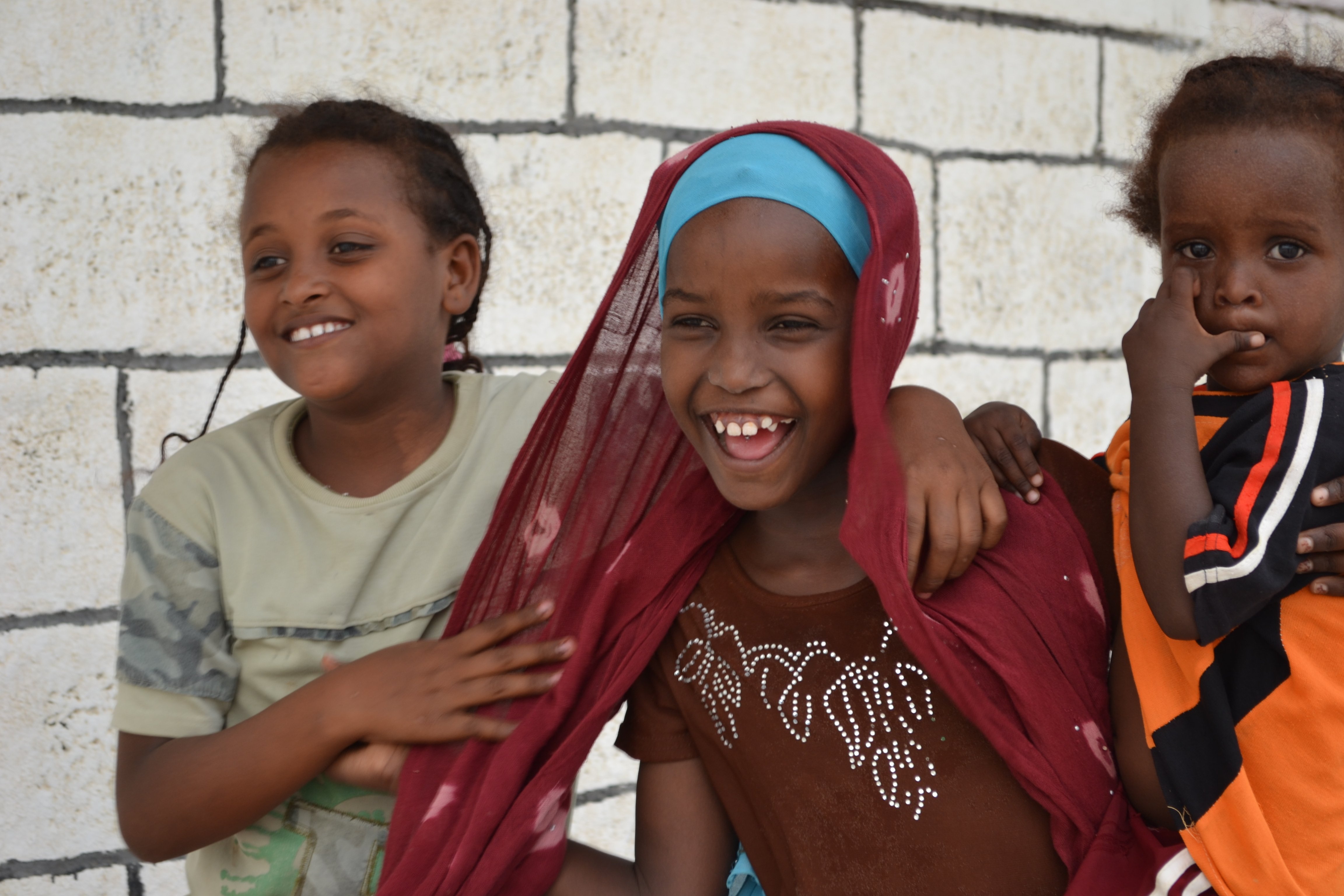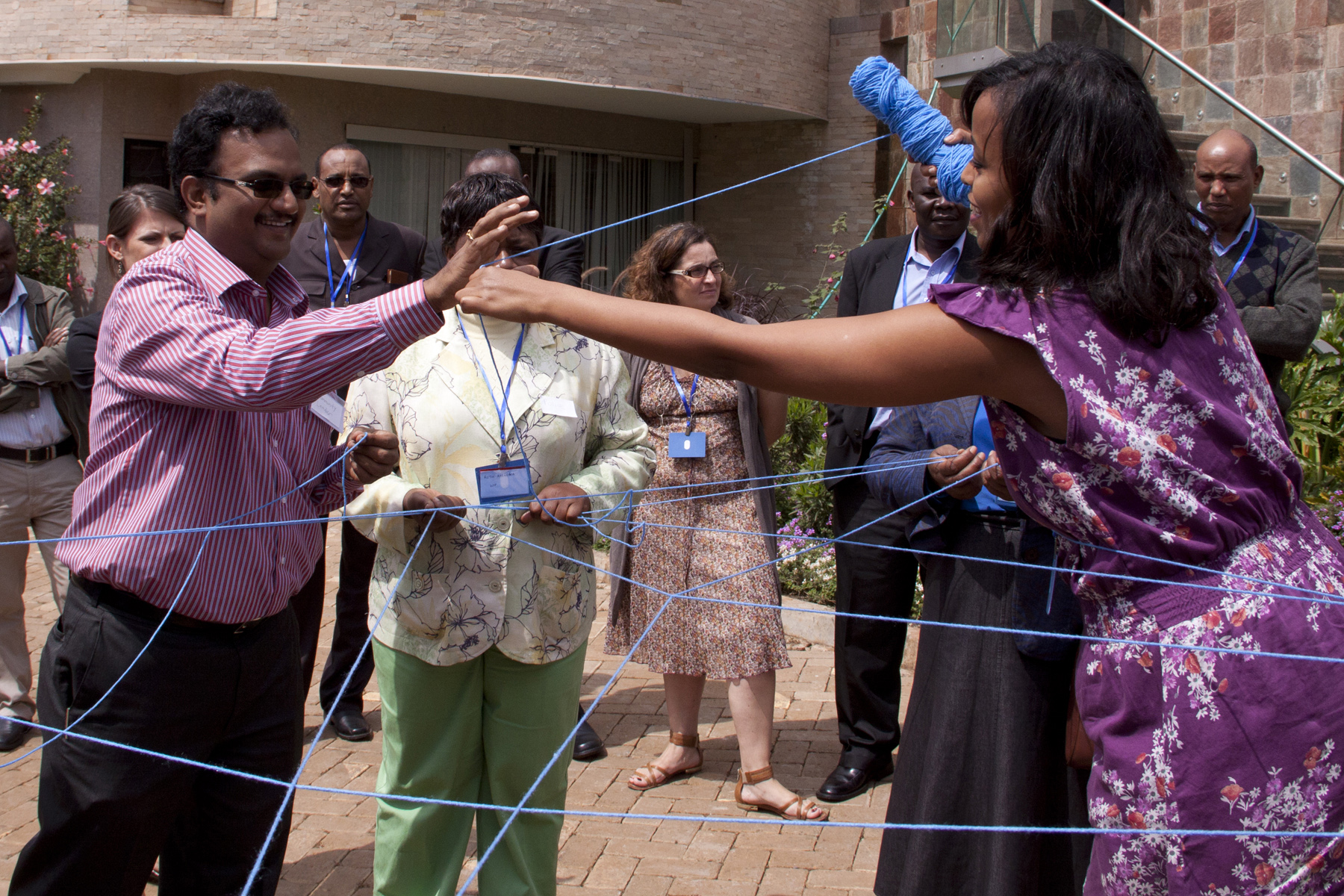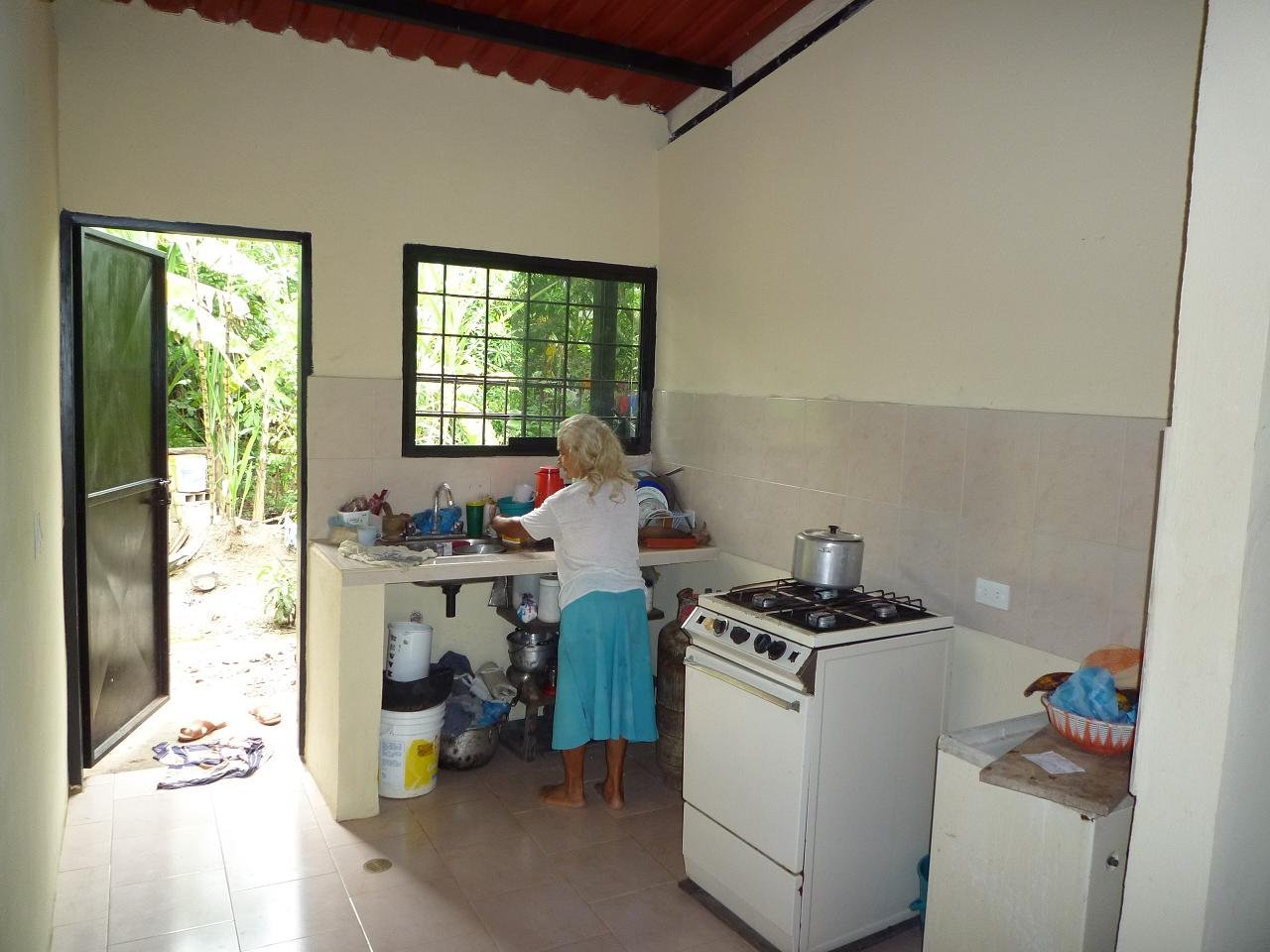Training Pakistan's police in refugee rights
Training Pakistan's police in refugee rights
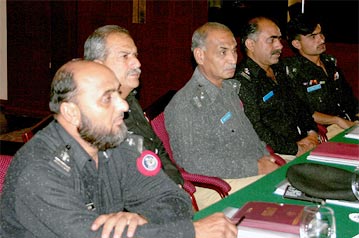
PESHAWAR, Pakistan, June 25 (UNHCR) - At a time of feared deportations, refugee camp closures and generally high tension among Afghans in Pakistan, it is important the police know about refugee rights.
Last week, UNHCR completed a three-day training course for police officers in Pakistan's largest refugee-hosting area, the North-West Frontier Province (NWFP). The workshop, which ran from Tuesday to Thursday, touched on human and refugee rights, the refugee agency's mandate and the status of Afghans after the government's recent registration exercise in Pakistan.
"This is a good initiative to train police officers on the concept of human rights, UNHCR's core functions, and the Pakistan government's policy towards refugees, especially in the post-registration period," said Alhaj Mazhar Sajjad, the Deputy Secretary (Police) of the Home Department of NWFP, which helped to organize the training. "There is a need to continue the training, particularly for police officers from districts that have to deal with refugees on a day-to-day basis," he added.
Conducted in the local languages of Urdu and Pashto, the workshop drew police officers from across NWFP, home to 64 percent of the 2.15 million registered Afghans in Pakistan. The participants' ranks ranged from assistant sub-inspectors to the deputy superintendent of police.
Inspector Legal Sher Ahmad Khan, who came from the far-flung mountains of Chitral, said, "I am glad to be here and to have a chance of learning so much about refugee issues, especially under the current circumstances."
Fawad Aamir, UNHCR's associate protection officer and one of the workshop's facilitators, agreed: "It is the right time to hold such trainings and disseminate information on the government's and UNHCR's policies towards Afghan refugees, to sensitize the police department on the Proof of Registration (PoR) cards and the process of de-registration before they repatriate."
The registration of Afghan citizens in Pakistan from last October to February this year by the National Database and Registration Authority (NADRA) changed the landscape for Afghans in Pakistan. More than 2.15 million Afghans were registered and all those above five years of age were given PoR cards valid till for three years. PoR card holders are allowed to stay in Pakistan till the end of 2009, while unregistered Afghans with no PoR cards are considered illegal migrants subject to the Foreigner's Act.
More than 200,000 unregistered Afghans were able to voluntarily repatriate with UNHCR assistance during a government-declared grace period from March 1 to April 15. Starting April 16, only registered Afghans can be assisted home in a process that involves deregistering them from the NADRA database and physically invalidating their PoR cards.
In addition, the government plans to close four camps for security and development reasons this year. Afghans in Katchagari and Jalozai camps in NWFP and Jungle Pir Alizai and Girdi Jungle camps in Balochistan have been given two options - to voluntarily repatriate with UNHCR assistance averaging US$100 per person, or to relocate to an existing camp in Pakistan. The authorities have promised not to use force to close the camps and are negotiating with the Afghan elders to do so peacefully.
Still, tensions are high as many Afghans in the four camps feel the situation back home is not conducive to return, but at the same time, worry that they will not be able to find jobs if they move to the relocation camps.
In the longer term, the Pakistan government plans to repatriate all Afghans within the next three years at a rate of 800,000 per year - a target UNHCR feels is not sustainable under Afghanistan's available absorption capacity.
Amid these uncertainties, the role of the police is crucial. They must be able to distinguish between registered and unregistered Afghans, to respect the value of the PoR card and the voluntary nature of return. They must also know how to tell the difference between a valid card and a fake or invalid one belonging to someone who repatriated but has come back again to Pakistan.
Most of all, the UN refugee agency hopes to promote more understanding and tolerance for refugees among the law enforcement authorities. The impact is clear: "Whenever I heard the word refugee, I only thought of Afghans living on our land, depleting all our resources for so many years," said a police officer who declined to give his name.
"But after the training, I can feel their problems and why they are still in Pakistan. Before the training, we would detain the Afghans at any time simply because they were refugees. I am sure I will not do this in future and will think about them in a more humane way."
By Rabia Ali in Peshawar, Pakistan


